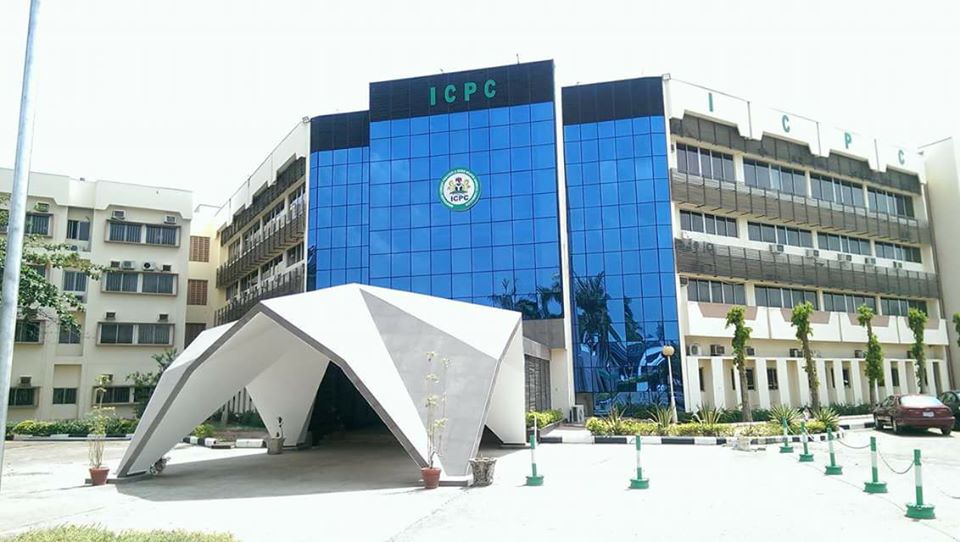The Independent Corrupt Practices and Other Related Offences Commission (ICPC), has been commended by former World Bank Monitoring and Evaluation official, Mr. Samson Bamidele, for having established a Corruption Monitoring and Evaluation Department (CMED) in the Commission.
Mr. Bamidele who is now the Resident Monitoring and Evaluation/Technical Advisor for MEASURE Evaluation, a global project monitoring and evaluation organisation, made the commendation while delivering a lecture at a 3-day training on Anti-Corruption Monitoring and Evaluation organized for ICPC staff at the Commission’s training institute in Keffi, the Anti-Corruption Academy of Nigeria (ACAN).
Mr. Bamidele explained that a lot projects in the country failed due to the fact that most agencies of government either lacked monitoring and evaluation departments or such departments did not live up to their responsibilities.
He added that for ICPC to have such a functional department, it was a bold statement on the effort of the Commission to rid the nation of corruption through all available legal means.
Mr. Bamidele therefore called on the participants to make the best use of the training, saying, “Monitoring and evaluation is an emerging tool for responsibility and accountability in the course of project or programme implementation.”
The Resident M&E Technical Advisor focused his lecture on the implementation of monitoring and evaluation in the public sector, saying that no project or programme can succeed without a monitoring and evaluation plan.
Also, speaking during the training, one of the guest lecturers and Provost, College of Medicine, Obafemi Awolowo University, Professor Adesegun Fatusi, said that it was “unethical not to have the skills and knowledge required to carry out a research” because the findings would not only be misleading to the organisation but the entire nation.
Professor Fatusi advised the participants to make integrity and honesty their watchword in the course of their duty as corruption monitors so that their findings may not be compromised.

